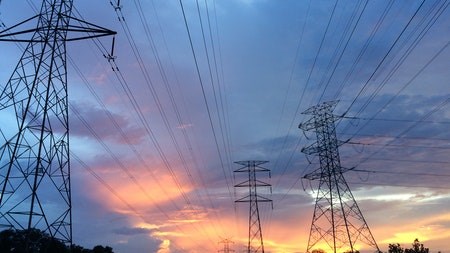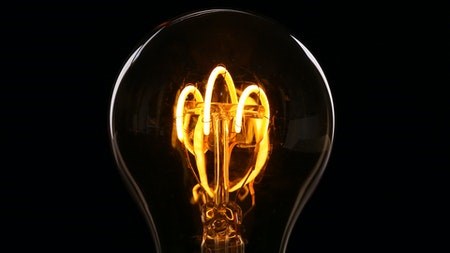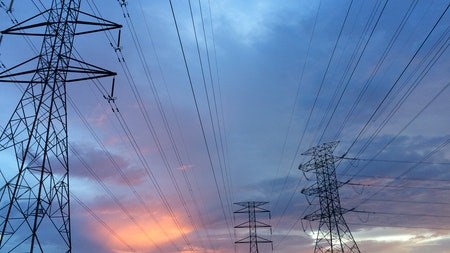Loadshedding has become a regular feature of life in South Africa and is almost certainly here to stay – at least for the next few years.
In addition to monitoring the news and load shedding schedules, there are many preparation measures you can put in place at home and at work to take back the power as much as possible.
This includes checking that your short-term insurance cover is in order, says Bertus Visser, chief executive of distribution at PSG Insure.
Precautions
Before a scheduled power outage, you should switch off equipment such as geysers, television decoders, microwave ovens, and swimming pool filters. In particular, shut down all electronic equipment such as computers and laptops and unplug cellphone chargers. The strong surge of power coming back on can easily damage sensitive electronic equipment.
Surge arrester plugs can help to limit the damage from sudden power losses and surges from returning power. They are also recommended in areas that experience regular electrical storms and can provide added fire protection.
Investing in an uninterrupted power supply (UPS) is a good long-term plan. Depending on the specifications, a UPS can provide power for various periods - from a few minutes that will allow you to safely shut down your computer to several hours. Large UPS systems can allow you to power several items of equipment for eight hours or more, including your computer, fridge and freezer, and television set.
You could also consider a generator if uninterrupted power is critical to your situation. Generators are not suitable for flats and townhouses, where neighbours are close by. If placed outside, the noise levels are disturbing and the fumes from petrol or diesel make them unsuitable for indoor use.
Visser points out that it is essential to maintain your generator and look after any power supply additions, and insure them at the correct replacement values.
Power congestion
Power outages are usually coupled with power congestions, which can destroy electronic equipment. By installing power congestion isolators on your main power distribution board, you can limit or prevent damage to items like computers, fridges, or gate motors.
“Power congestion isolators can even reduce lightning damage, especially if you live on the Highveld or in KwaZulu-Natal, where electrical storms are regular occurrences.
Coverage for power congestions is not standard on insurance policies, so you need to check if you can add it to your cover,
says Visser.
Security
Battery life is crucial in alarm- or other systems and devices that have battery back-ups. Make a point of frequently checking that any alarms, garage, or gate systems are fully charged. Most batteries can keep the system going for at least eight hours, and some could have back-up power for as long as 24 hours.
“Your insurance policy may state that you need to service your alarm, which would include checking that back-up batteries are working. Proof of maintenance may also become important, so it’s worth noting any call-outs or check-ups accordingly,” says Visser.
Alternatives
Solar power can allow you to take your home off the Eskom power grid. It can be costly to install - depending on how much power is needed - but can bring relief during power shortages.
“Remember to factor in replacement costs into your insurance arrangements and keep records of any solar panels or systems purchased to prove ownership,” says Visser.
Insurance
Insurers will only honour claims that arise during load shedding if you can prove you complied with the terms and conditions in your short-term insurance policy and if the cover provided caters for such an occurrence.
This is one of the reasons why it is so important to keep your policy up to date and to be aware of what you have agreed to,
says Visser.
“Your policy may, for example, state that you are a client of an armed response company. If a burglary takes place during load shedding, you must ensure your alarm remains connected to the alarm company using a battery for the insurance claim to be considered.
“You will have to prove you kept your side of the policy if you need to claim, so be sure to check that you comply with all agreed terms. Also take note of the accidental damage section of your policy to see if you can add additional protection you may need, such as extended coverage for pool pumps or gate motors.”
Taking the necessary precautions against load shedding and having the right insurance in place results in cost savings and will give you peace of mind when the lights do go out.




